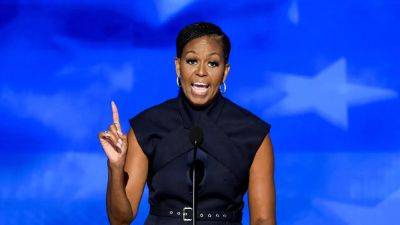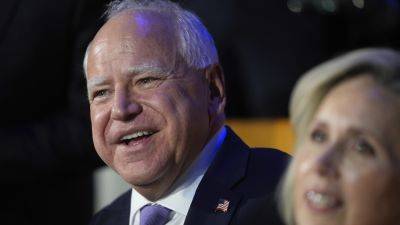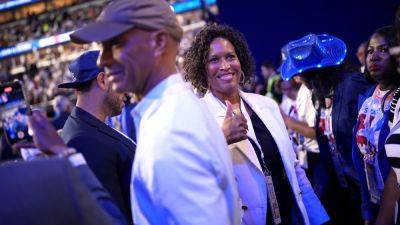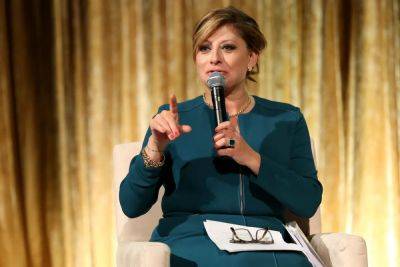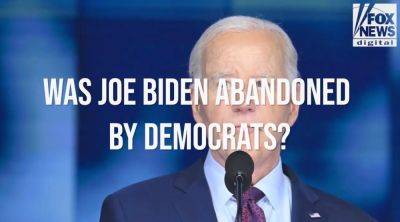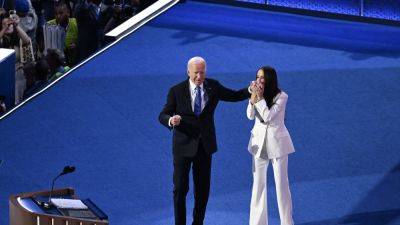What Are Protesters’ Rights During the D.N.C.?
The First Amendment protects the right to assemble peaceably and protest, but courts have also recognized the right of the government to impose some restrictions on protests in the interest of safety and public order. Where are the boundary lines when those rights threaten to collide?
That question has arisen as the Democratic National Convention gets underway in Chicago — the “Super Bowl of free speech,” in one civil liberties advocate’s phrase.
Many points of potential conflict have been negotiated ahead of time by protest organizers and city authorities: Can protesters use sound equipment that might make them audible inside the convention hall? (The answer, after some wrangling, was yes.) Can the city force a protest march to stay far from its intended audience? (A compromise route was worked out.)
Negotiations like these are common before major party conventions, which are “a magnet for expression about a range of public policy issues,” said Ed Yohnka, the director of communications and public policy at the Illinois chapter of the American Civil Liberties Union, who offered the Super Bowl comparison.
The city is allowed to establish a security perimeter around official events and reject proposed march routes that come too close, according to Tyler Valeska, an assistant professor of law at Loyola University Chicago.
Permits are required for marches that block traffic on public streets, Professor Valeska said, and if the marchers stray from the approved route, “they’ve lost the protection of the First Amendment” and can be arrested.
But the government’s security interest is far from absolute. The city could not, for example, ban protests entirely during the convention, nor could it pick and choose which protests to allow


